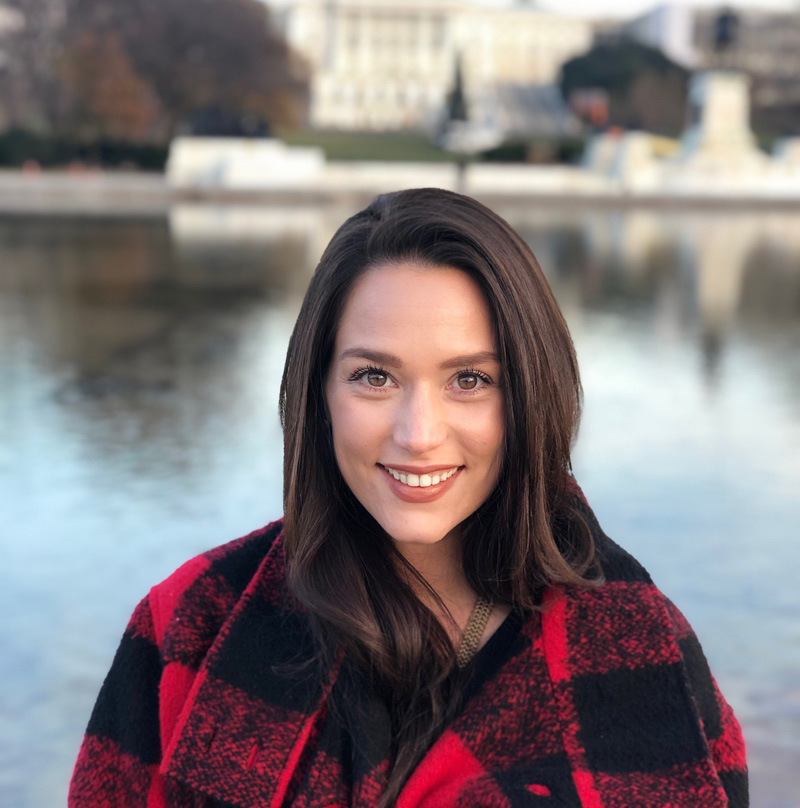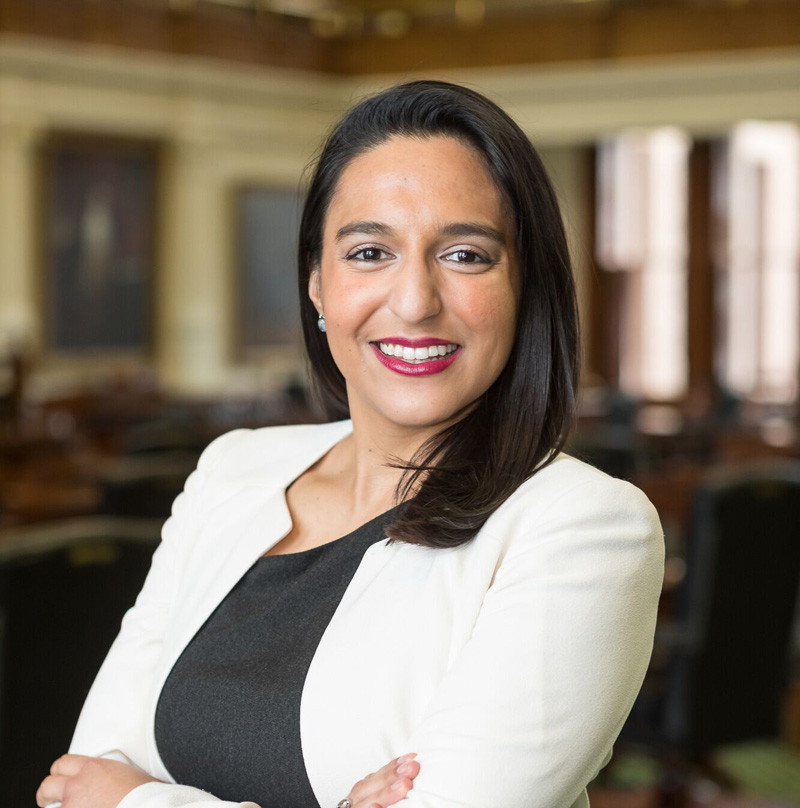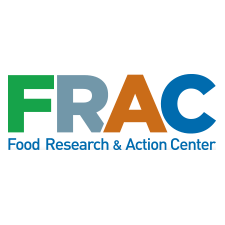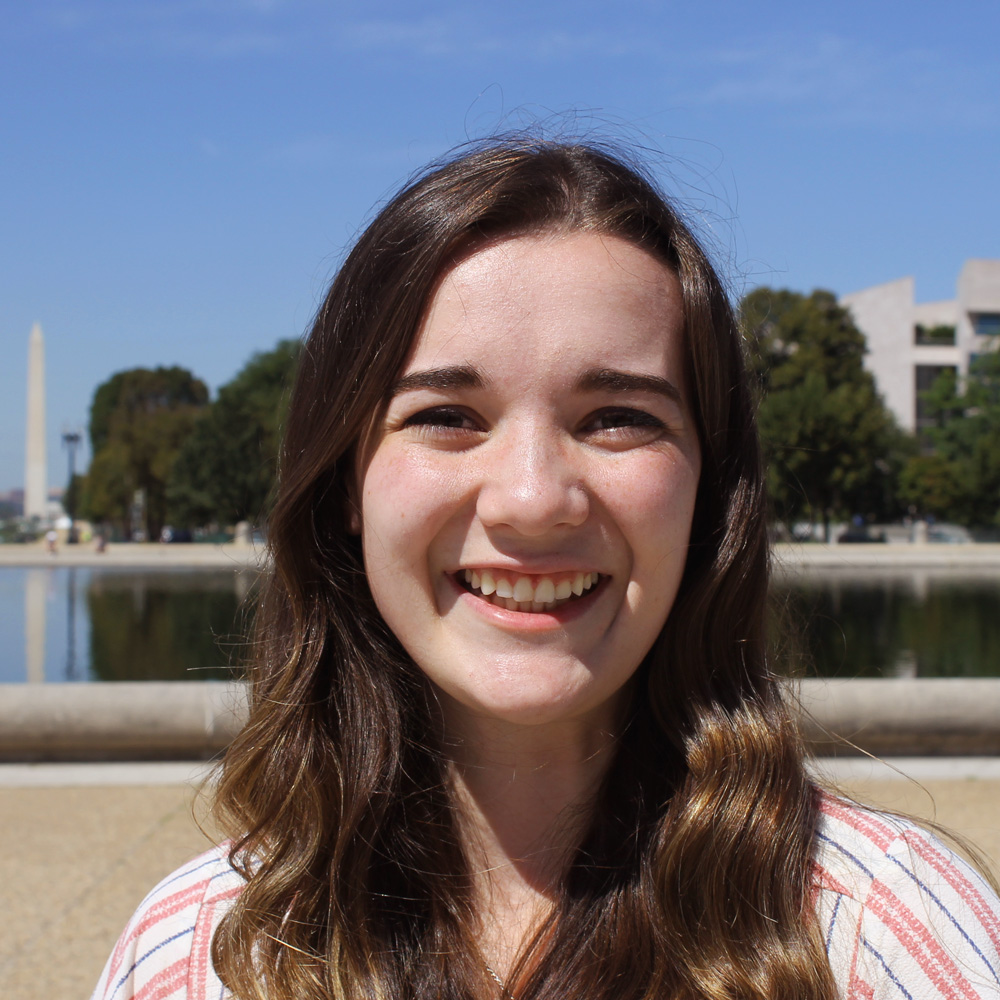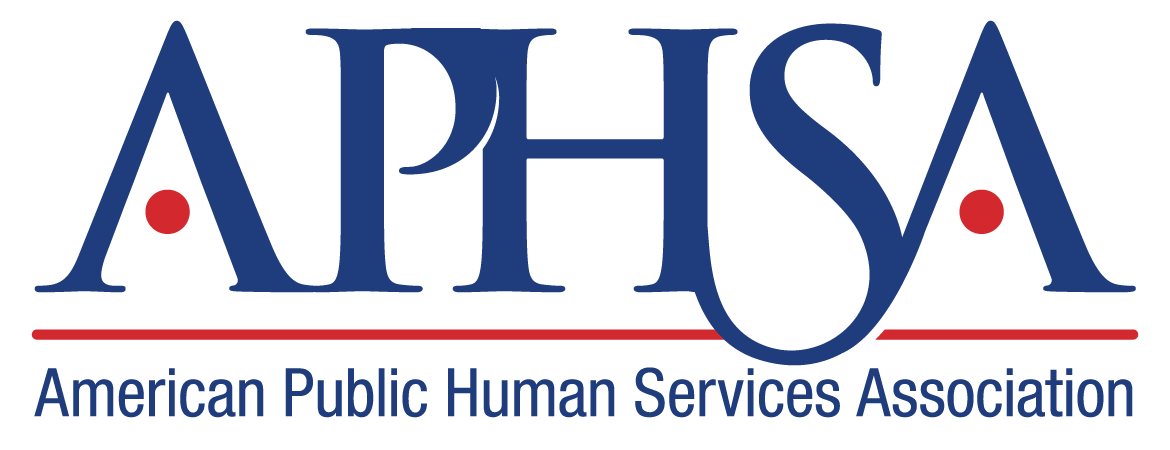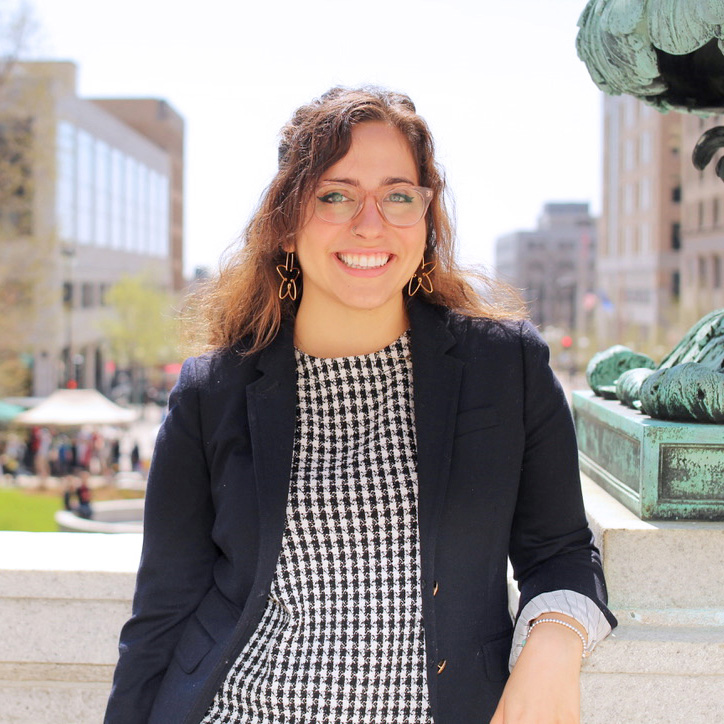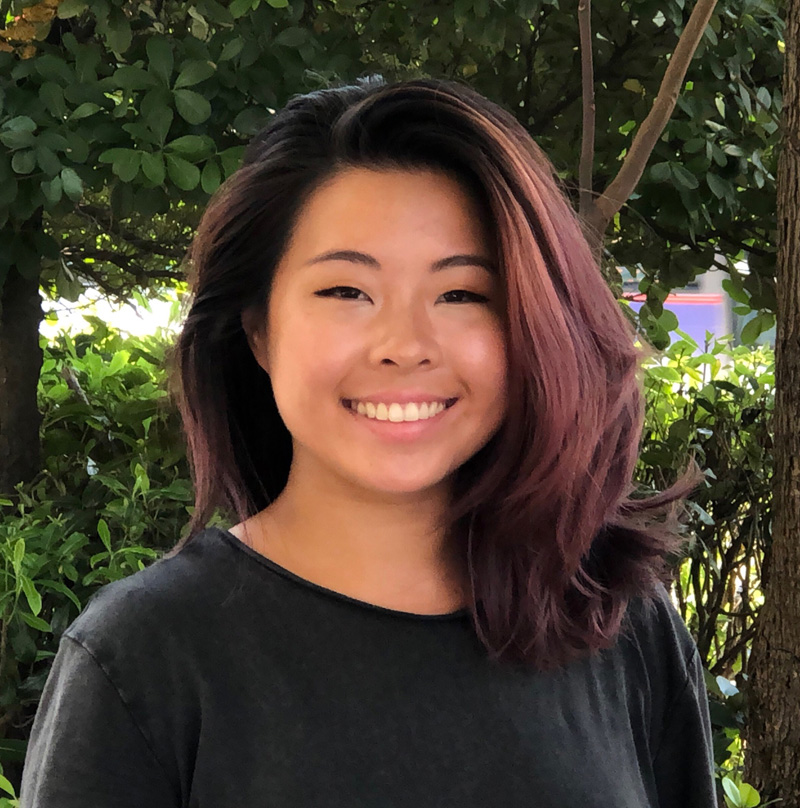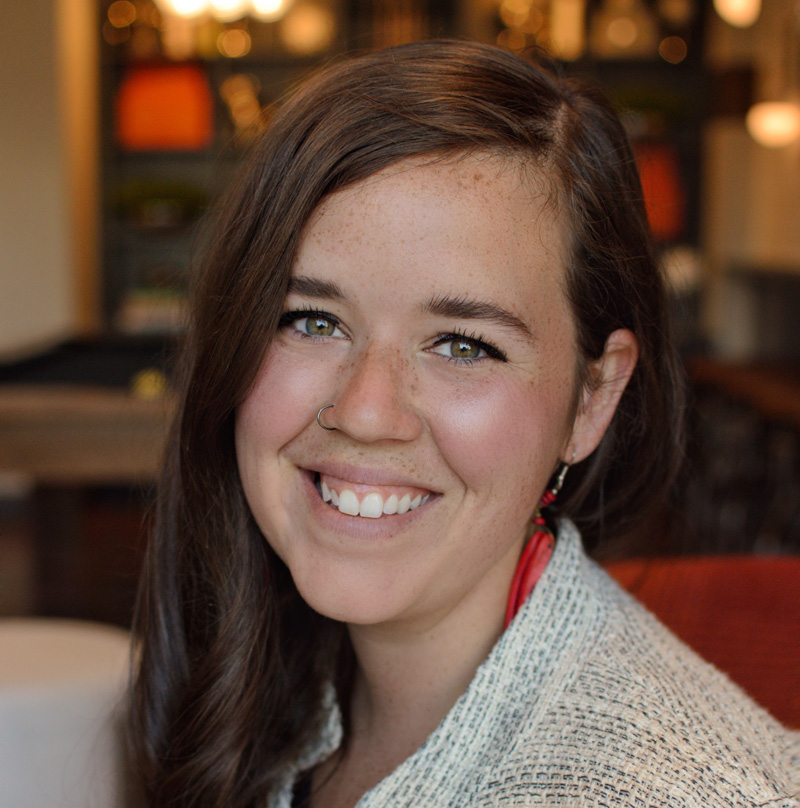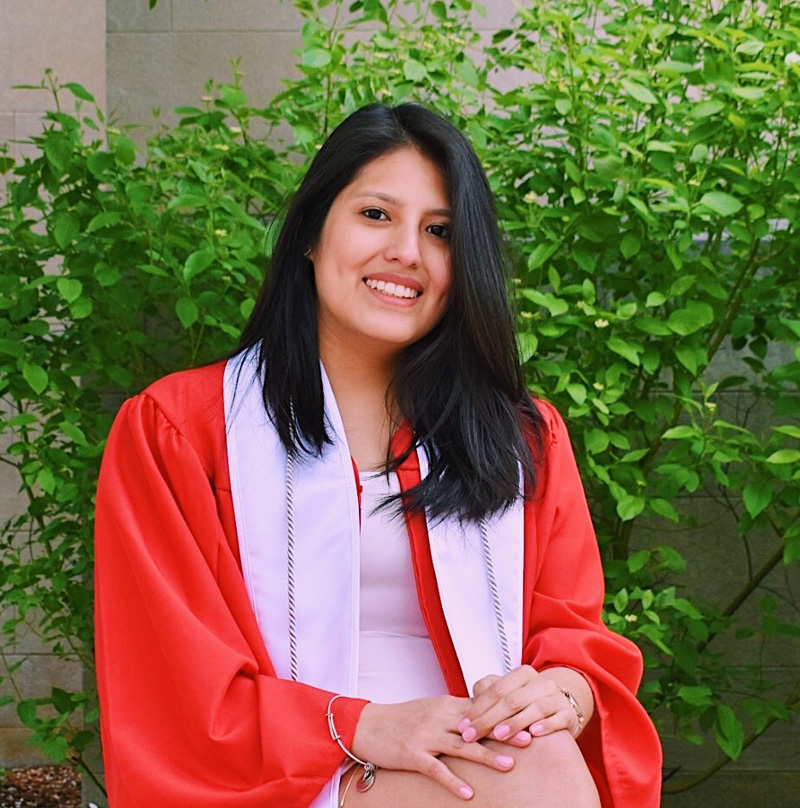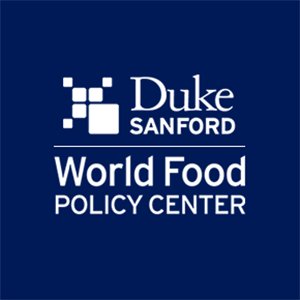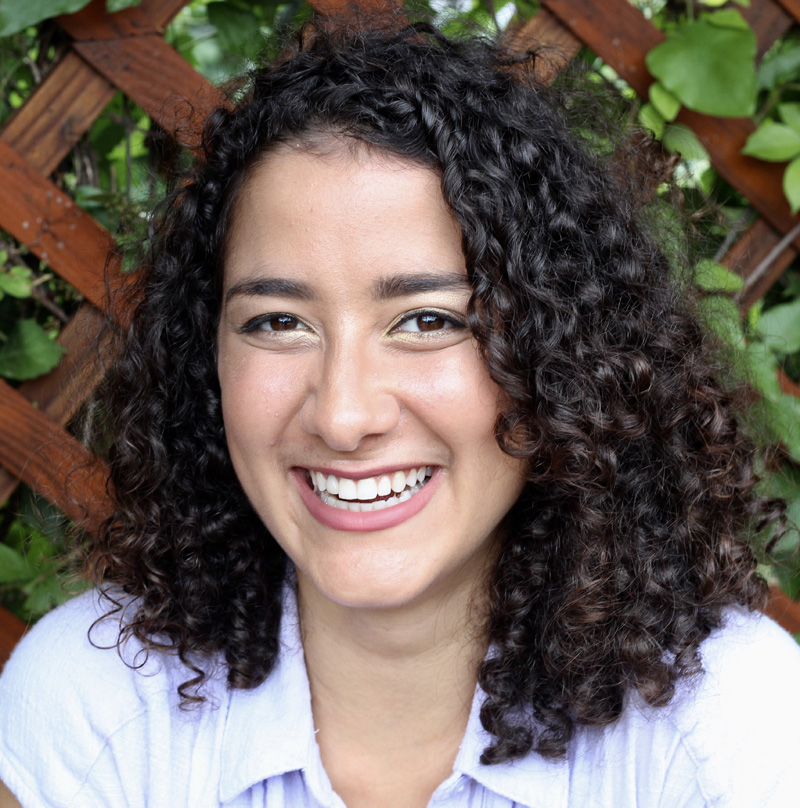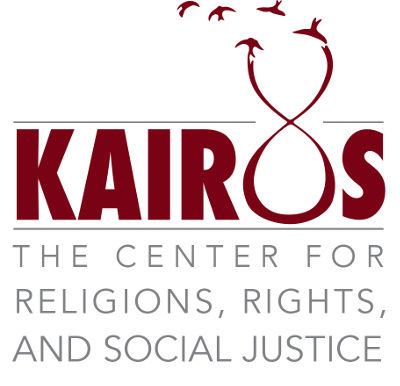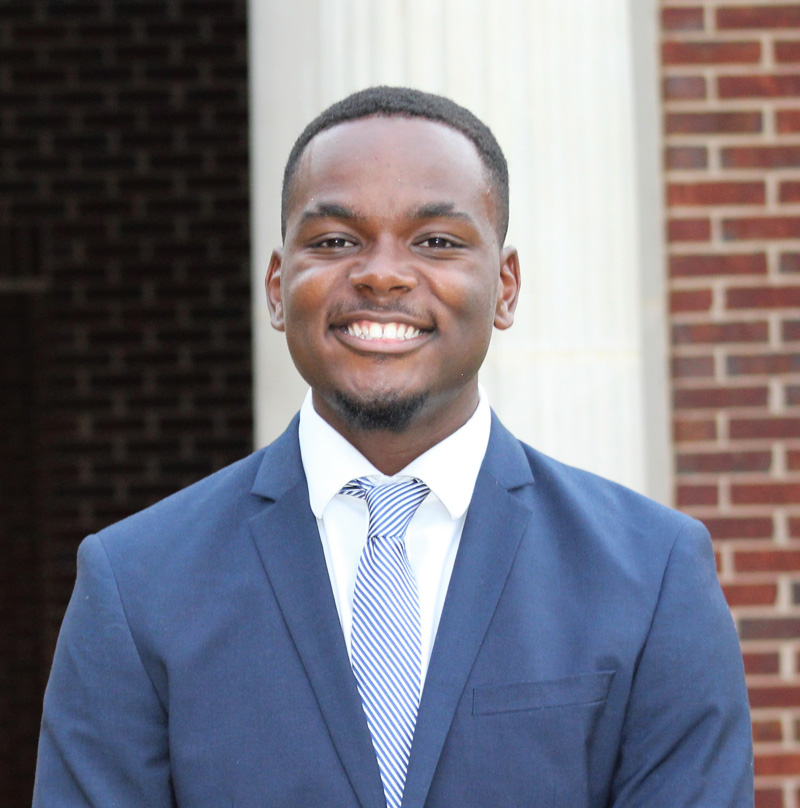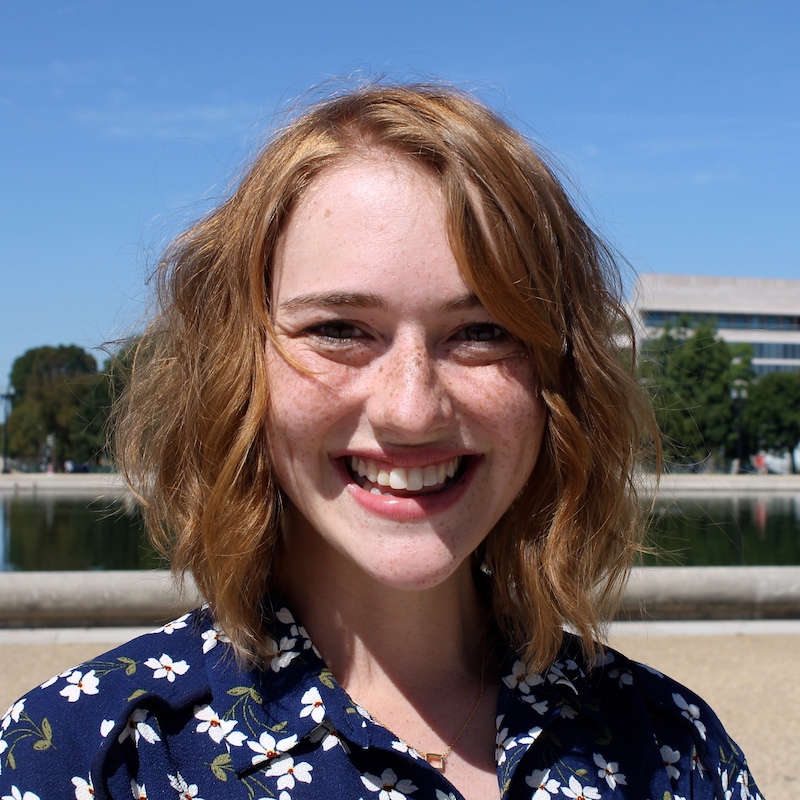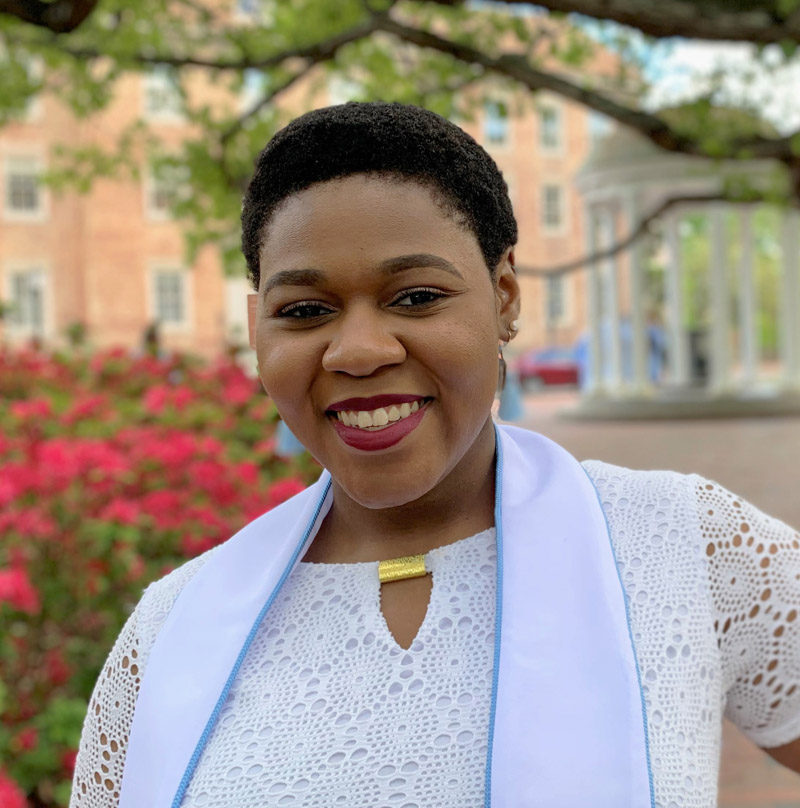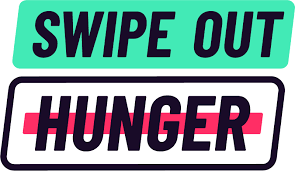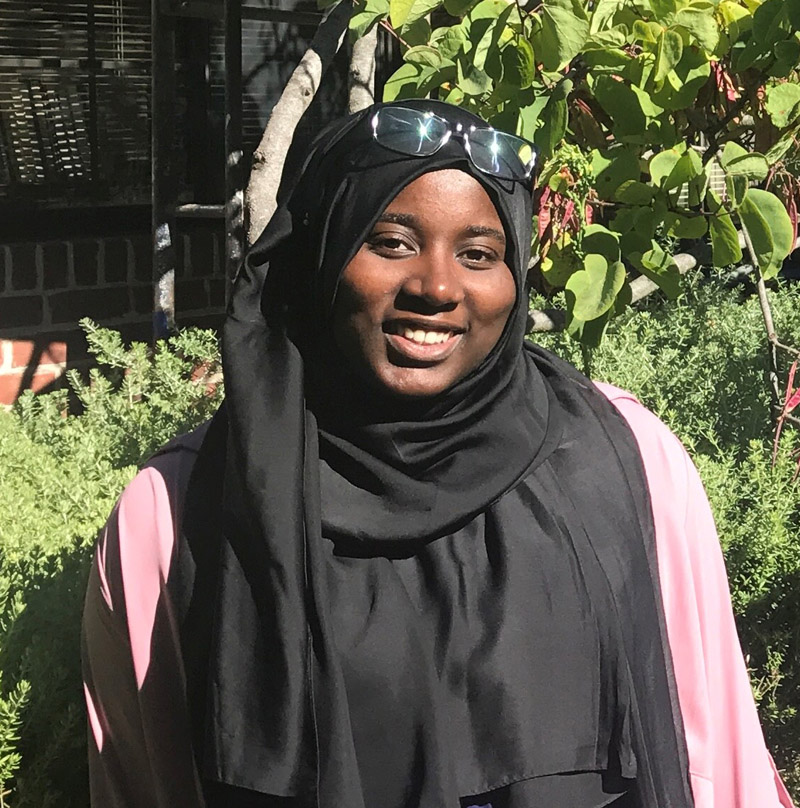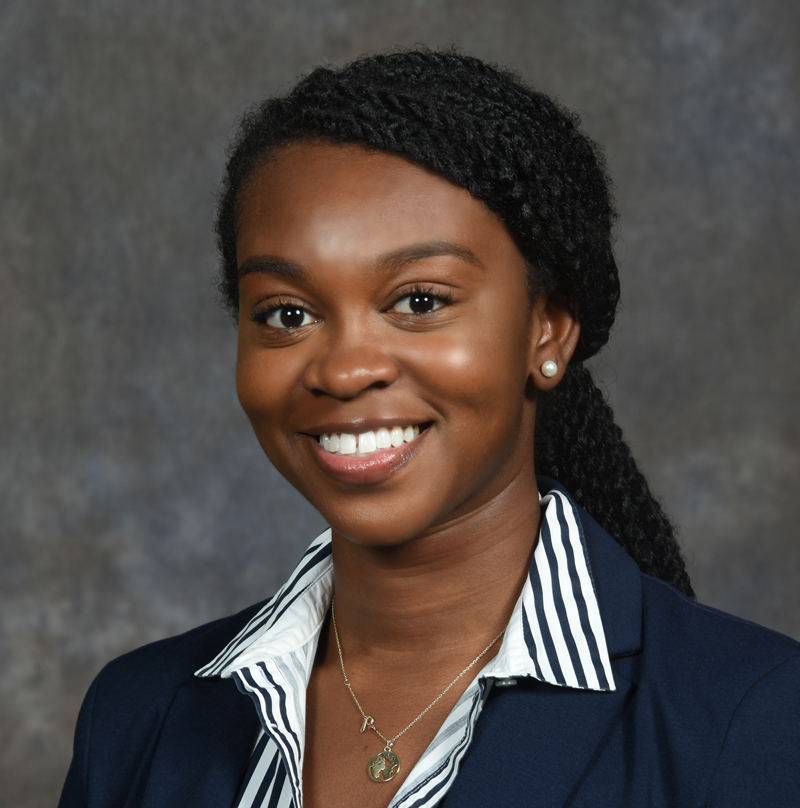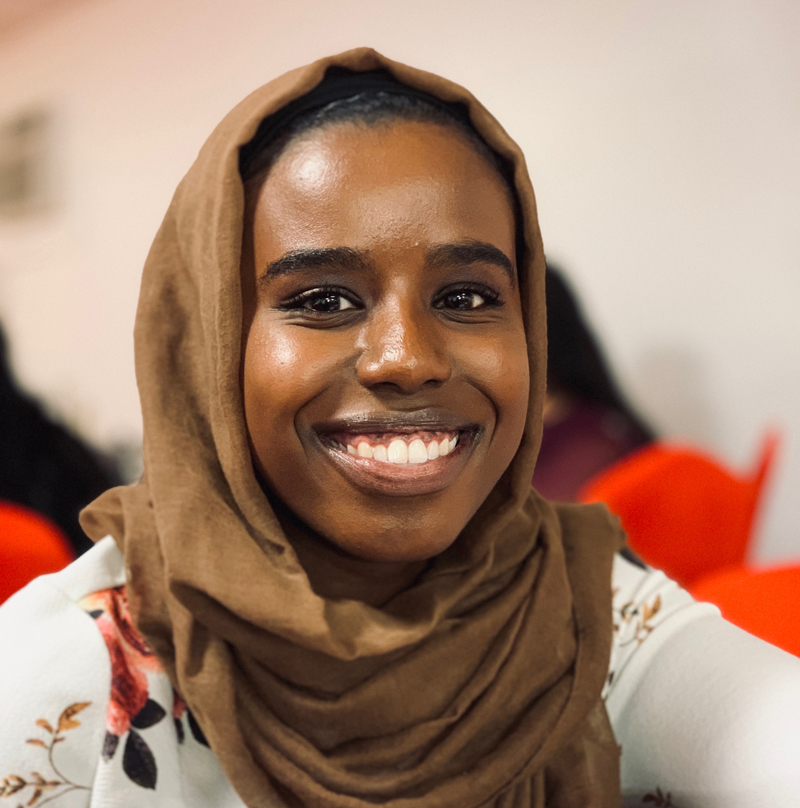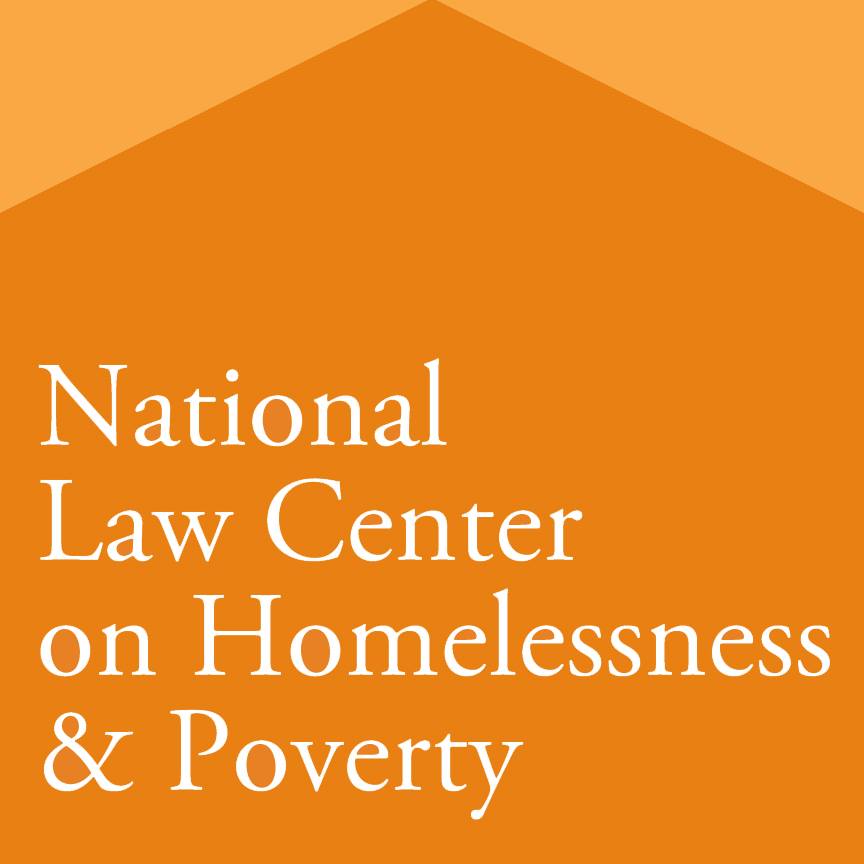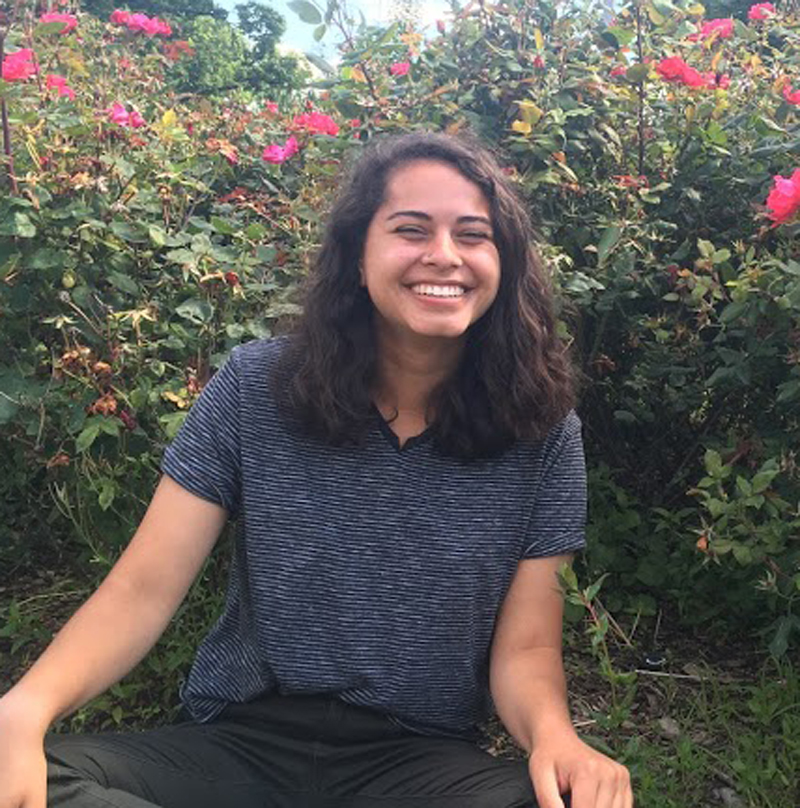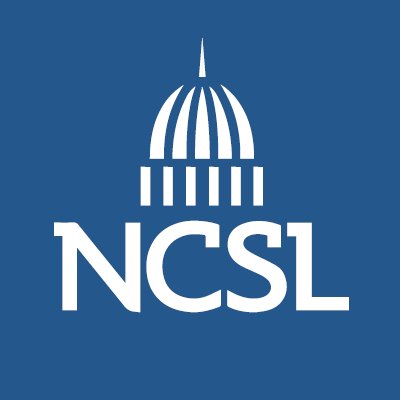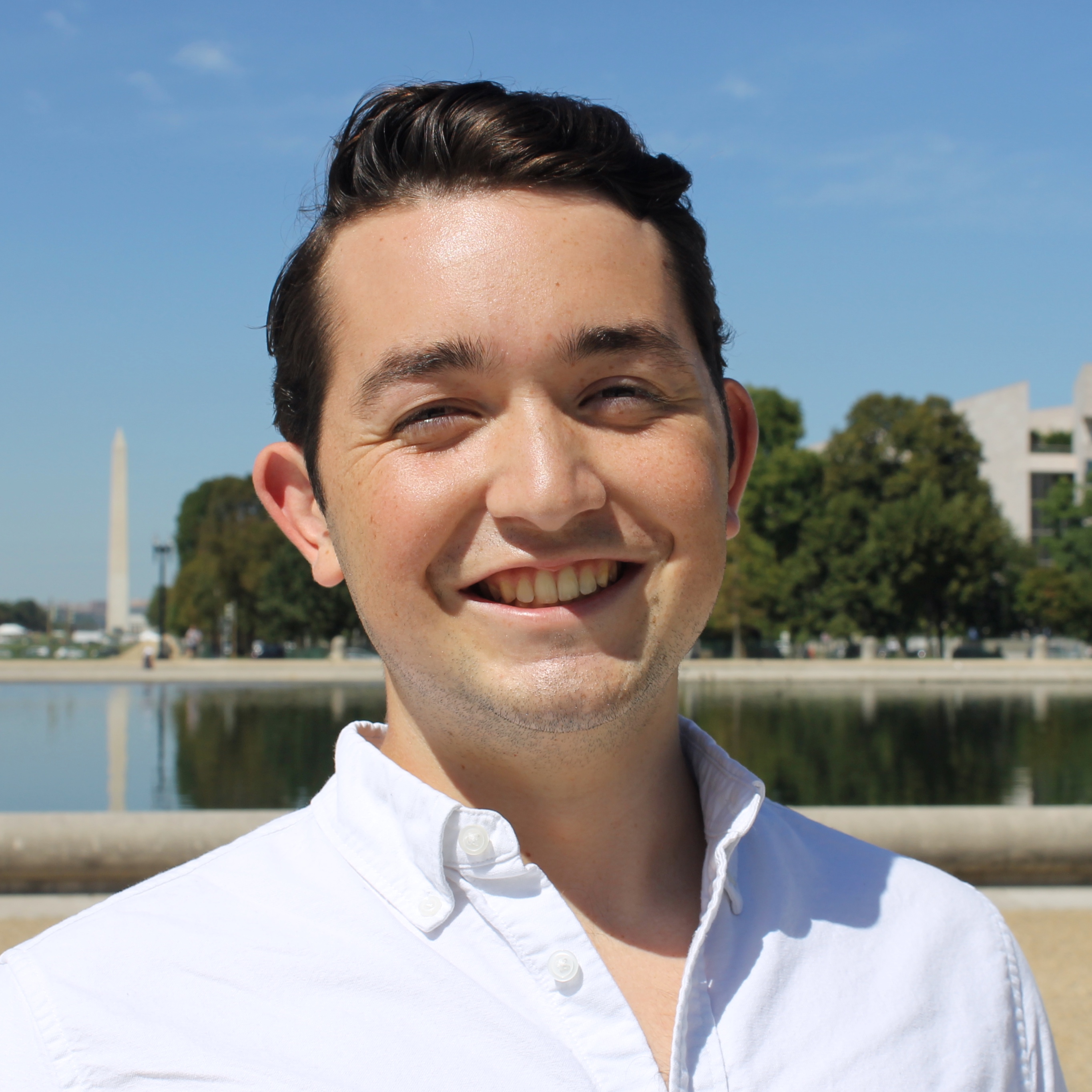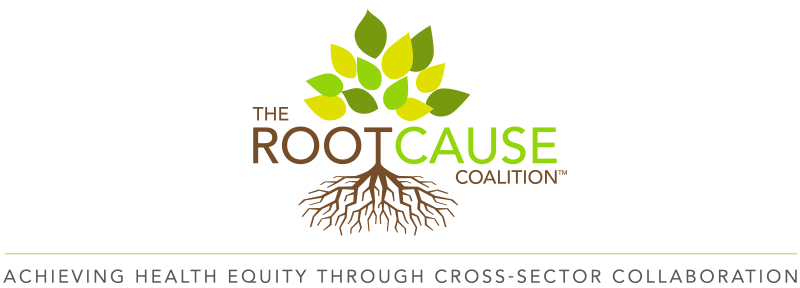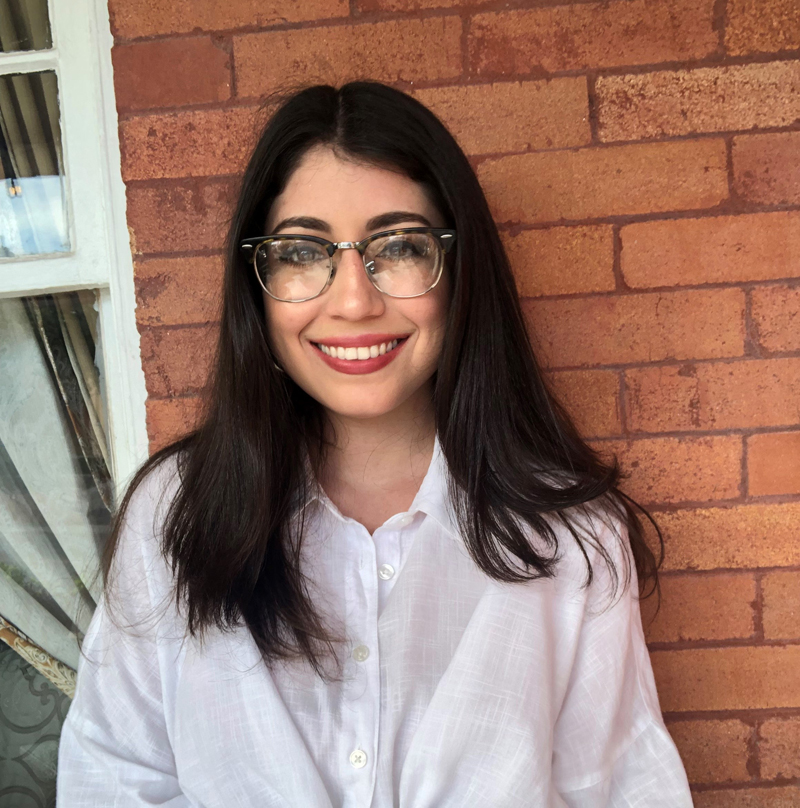Every spring, the Emerson National Hunger Fellows return from the field with new insights and knowledge that they will use in the next portion of their fellowship: the policy placement. Fellows will be placed with different organizations around Washington, D.C. and complete anti-hunger policy work at the national level. This work is a natural extension of the field work—fellows will be able to bring their unique experiences from the field and share their insights with the policy placement organizations to inform their work. The 22 fellows are placed with different organizations across Washington, D.C. See below for a complete list of their placements.
Policy Placements
(click to learn more about the organization)
(click to learn about each fellow's work plan)
Swipe Out Hunger & Congressional Hunger Center
Before starting these policy placements, the fellows debrief their field placement and take on a weeklong policy training hosted by the Congressional Hunger Center. They also gain experience in a national policy environment by presenting their field work on Capitol Hill, and by attending the National Anti-Hunger Policy Conference.
Policy Placement Projects for the 26th Class of Emerson National Hunger Fellows
Alexa Angelo
Alexa will be responsible for building a database of anti-poverty programs that RESULTS and its partners identifies as key campaign priorities, and for working with programs including the REAL Change program, focused on youth activism, as well as the Experts on Poverty program to strengthen RESULTS' outreach efforts.
Analicia Bañales
Analicia will analyze the Process and Technology Improvement Grant, a grant administered by USDA to increase efficiency and quality of SNAP, and create resources for states that are trying to increase senior participation in SNAP.
Anne Marie Noll
Anne Marie will focus on school meals, analyzing rates of participation for school districts that have eliminated the requirement for paying for reduced-cost lunches and identifying best practices, and conducting outreach around the Community Eligibility Provision, an option which allows high-poverty schools to provide breakfast and lunch at no charge to students.
Caroline George
Caroline will research strategies that improve economic mobility among young people, contributing to reports and online publications with recommendations on ways to improve the wage trajectories of youth, with an emphasis on occupational pathways.
Chloe Green
Working in close partnership with the Center for Employment and Economic Well-Being and the Association of SNAP Directors, Chloe will develop policy recommendations informed by changes proposed by state and local SNAP partners that could improve the implementation of the program.
Emily Hwang
Emily, working with the Child and Nutrition Programs Team at USDA, will update and build out the Summer Meals Toolkit, an online resource which helps state administrators, local operators, and community partners to recruit new summer meal sites, raise awareness about the program, and serve nutritious and appealing summer meals to children.
Emma Williamson
Through focus groups, research, and data analysis, Emma will explore the role that paid leave and sick time play in improving the economic security of low-wage workers, and will also co-author a set of recommendations on how paid family and medical leave policies can strengthen work support and income programs.
Esther Davila
Esther will develop community education tools to better connect immigrant populations to SNAP, and research barriers to SNAP enrollment for immigrants in the United States.
Heather Street
Heather will conduct interviews and analyze case studies to produce a report exploring the roles of charity and justice as central narratives in anti-hunger work today, and create recommendations to take actionable steps towards addressing the inequitable systems that cause poverty.
Jarvis Benson
Jarvis will help support the policy agenda for the Poor People's Campaign: A National Call for Revival. Jarvis will support grassroots leaders across the country through research, writing, and engagement with the 40 statewide campaign networks.
Madelaine Britt
Madelaine will analyze the District of Columbia's participation in federal and local programs related to nutrition, healthy food access, urban agriculture, and workforce development, and will provide recommendations to the Food Policy Director to support inter-agency strategic planning around land use policy, food equity, and planning.
Margaux Johnson-Green
Margaux will research and analyze anti-poverty programs for women and families, and will help lay the groundwork for a proactive agenda centered on dismantling systems that economically disadvantage women—particularly women and girls of color, young women, LGBTQ women, and women with disabilities.
Mariama Badjie
In her dual role at the Congressional Hunger Center and Swipe Out Hunger, Mariama will complete a series of interviews and case studies on solutions to college student hunger, and will author an advocacy resource to support future advocacy campaigns around hunger alleviation programs catered to the unique needs of students.
Megan Smith
Working with the Supplemental Food Programs Division, Megan will research and analyze the Women, Infants and Children (WIC) program and identify opportunities for strategic improvement, and will produce informational materials and resources targeted to national SNAP partners.
Methany Eltigani
Methany will be responsible for legislative tracking and analyses for all SNAP related policy at the Food Research and Action Center. She will also author a written resource to be used and distributed among FRAC advocacy partners nationwide.
Rachel Flores
Rachel will support external and internal racial equity work at the organization, with emphasis on the disparate impact of homelessness on vulnerable populations such as people of color, and will support the National Racial Equity Working group, a coalition of national housing advocates leading with race in the fight to end homelessness.
Riley Link
Riley will support data analytics, policy research, and network engagement on Feeding America's policy team. She will also be responsible for creating public-facing documents on critical, time-sensitive issues, such as the census and voting registration.
Sean Walsh
Sean will work with bipartisan legislators, policy experts, and public-private partners to expand the National Conference of State Legislatures, and will contribute to larger awareness-building campaigns on anti-hunger and anti-poverty issues, including SNAP, school meals, and immigration reform.
Sebastian Hickey
In his role on CLASP's Youth Team, Sebastian will engage with over 200 young people as a part of the Young Adult Engagement Strategy, which focuses primarily on youth policy and its intersection with initiatives that advance justice and poverty prevention.
Sofia Hinojosa
Sofia will conduct expert interviews, research, and committee engagement as part of her contribution to Operations Blueprints, a series of free and easily accessible reports that provide detailed intervention strategies for a variety of social determinants of health.
Trish Abalo
Trish will be responsible for investigating the customer experience of adults 50 years and older who participate in SNAP. Her research will contribute to larger recommendations to the food security team on practices for enrolling older adults in hunger alleviation programs.



